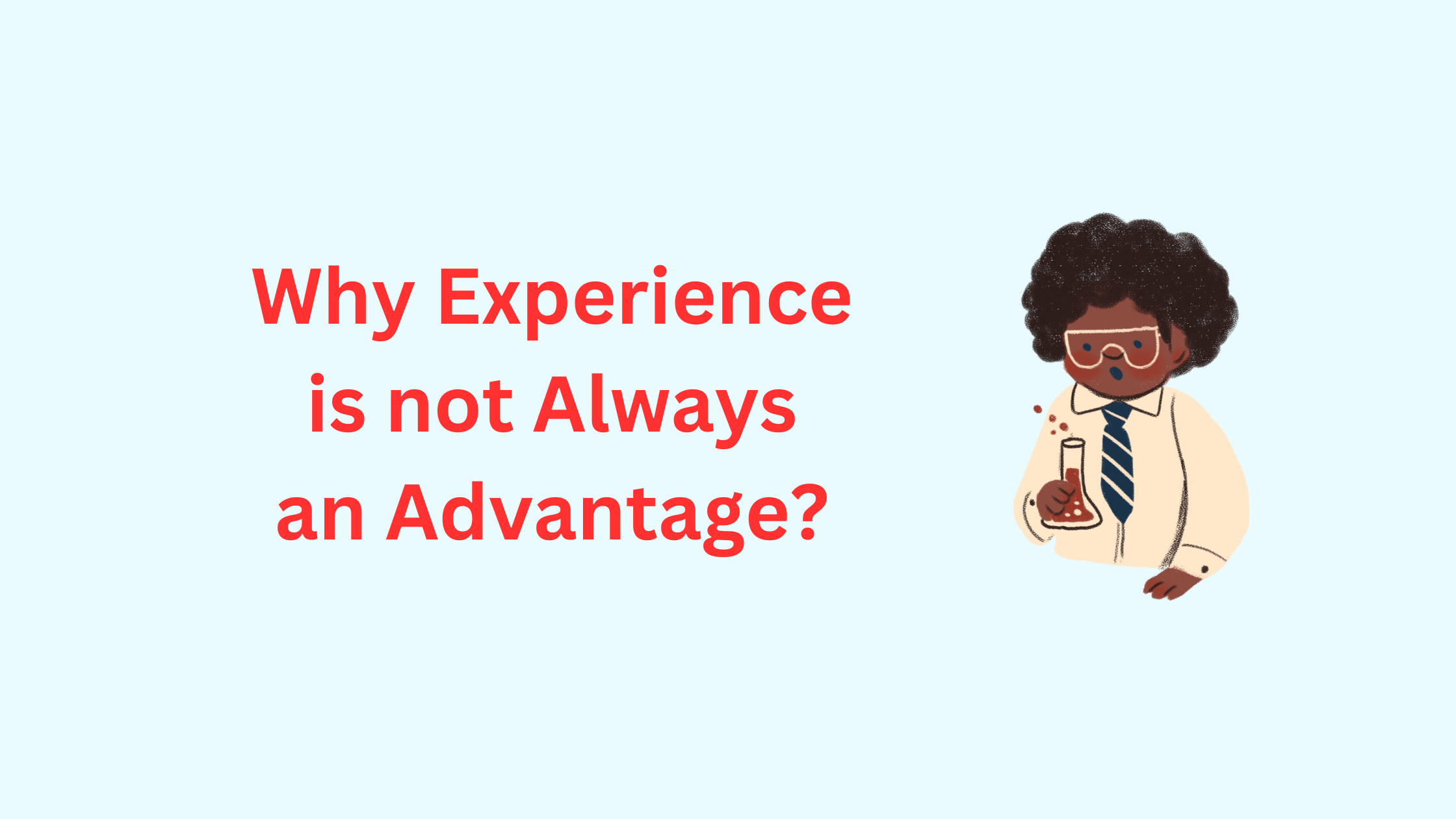
I always wonder why did no one inside the car industry think of a ride-sharing service like Uber, where people could get a ride without having to own a car?
Similarly, why did no one inside the hotel industry come up with the idea of Airbnb, where people could rent out their homes to travelers instead of booking a hotel room?
It’s like they were so focused on filling up their own rooms that they couldn’t see the vast untapped potential of the sharing economy.
And why did no big company inside the retail industry think of building something like Amazon, where people could buy anything they wanted online and have it delivered to their doorstep?
Were they too busy rearranging the shelves in their physical stores to see the revolution that was happening in e-commerce?
The answer lies in the curse of experience – a mindset of “this is how it has always been done”.
This is especially true in industries that have been around for a long time and have established practices and processes.
Companies who have been a part of such industries for years tend to be stuck in their ways and are resistant to change.
They are unable to think outside the box and unable to see the bigger picture like horses with blinders on.
To overcome this curse, we need to cultivate, what I call, a disrupt-ability quotient – a mindset of openness and curiosity, willing to challenge established beliefs and practices.
To truly cultivate a disrupt-ability quotient and avoid the curse of experience, we can adopt what Zen masters call Shoshin – a beginner’s mindset.
To quote Zen master Shunryo Suzuki, “In the beginner’s mind there are many possibilities, but in the expert’s there are few.”
What Suzuki’s perspective means is that when we approach a situation with a beginner’s mindset, we are open to new ideas and possibilities. We are not bound by our preconceived notions and biases, and we are willing to explore uncharted territory.
This allows us to see things from a fresh perspective and discover new opportunities that we may have otherwise overlooked.
On the other hand, when we approach a situation with an expert’s mindset, we tend to rely on our past experiences and established ways of thinking. This can lead to a narrow-minded approach that limits our creativity and inhibits our ability to innovate.
In conclusion, adopting a beginner’s mindset can help not only companies to drive innovation and stay relevant but also individuals to remain relevant in their career and profession.




